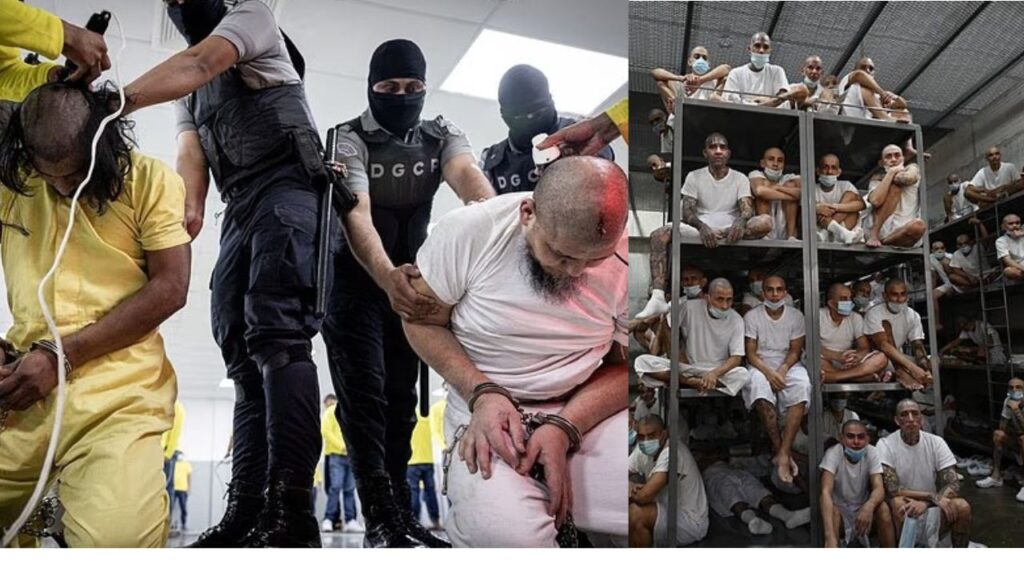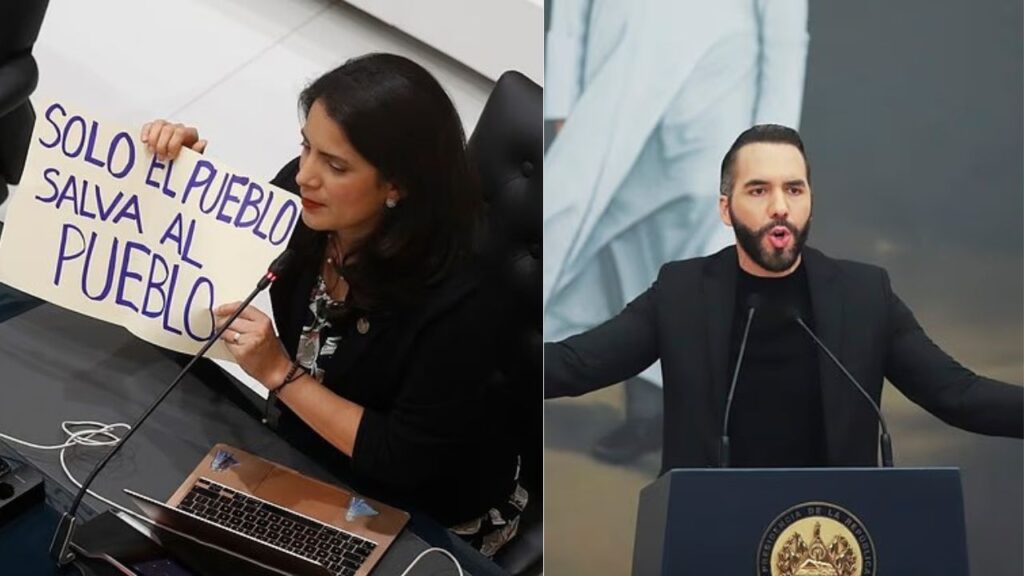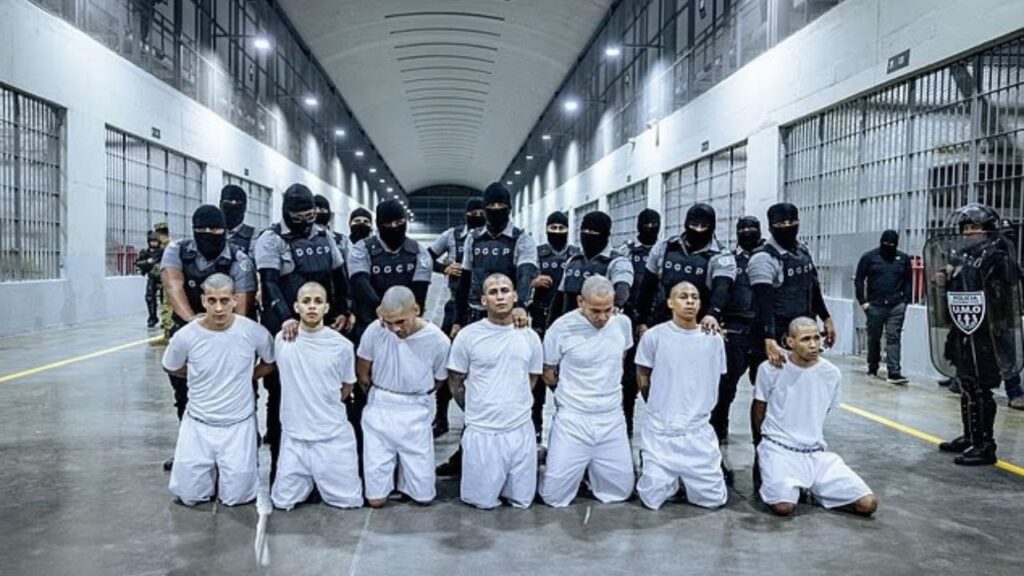El Salvador’s Radical Turn: From Crime Capital to Safer Than Britain?
Once synonymous with unrelenting violence, El Salvador has undergone a seismic shift. A decade ago, it was among the world’s deadliest nations, with 6,656 murders in 2015 for a population of just 6.4 million. Fast forward to 2024, and that number plummeted to 114—a 98% drop. The U.S. now ranks it safer for travelers than Britain or France. How did this happen, and at what cost?

The architect of this transformation is President Nayib Bukele, a self-styled maverick who’s earned the nickname “world’s coolest dictator.” Since 2022, Bukele’s iron-fisted policies have reshaped the nation. A state of emergency, still active, grants security forces unchecked power to arrest without warrants. At its peak, 1,000 people were detained daily on suspicion of gang ties. To house them, Bukele unveiled the Terrorism Confinement Centre (Cecot), a fortress-like prison in a remote region. Its conditions are brutal: up to 100 men cram into cells, sleeping on bare concrete, with minimal food and no outside contact. Prisoners, often shackled, leave cells only for corridor exercise or virtual hearings. El Salvador now boasts the world’s highest incarceration rate, with nearly 3% of its male population behind bars.

Bukele’s war on crime targeted the notorious MS-13 and Mara 18 gangs, born in California’s 1980s streets and exported to El Salvador in the 1990s. These groups once ruled neighborhoods, extorting businesses and unleashing brutal violence. Bukele’s response was uncompromising: military checkpoints, door-to-door searches, and a “security fence” strategy encircling entire towns. He doubled the army’s size, expanded surveillance, and introduced mass trials based on flimsy evidence like anonymous tips or social media posts. A 2025 law sent children accused of organized crime to adult prisons, with over 3,000 minors detained, often without solid proof, per Human Rights Watch. A national informant hotline, offering cash for tips, has fueled accusations of false reports and personal vendettas.

Petty crimes face harsh penalties too. A single drink can land a driver in jail for 15 days, followed by a swift trial and up to five years in prison. Bukele’s supporters point to results: streets once ruled by gangs are now walkable, even at night. His 2024 re-election, with 85% of the vote, reflects this approval, though critics note the election’s irregularities and a recent law scrapping presidential term limits, potentially cementing his rule indefinitely. Opposition voices, like Congresswoman Marcela Villatoro, lament a “democracy died” moment.
Beyond crime, Bukele’s made bold moves—declaring Bitcoin legal tender and upgrading infrastructure. Yet, his methods draw fierce criticism. Amnesty International’s 2022 report flagged “massive human rights violations,” citing arbitrary detentions, torture, and due process failures. Bukele shrugs off detractors, claiming his model offers a blueprint for peace. Supporters, including figures like U.S. President Donald Trump, applaud his results. But as El Salvador trades chaos for control, the line between safety and authoritarianism blurs.






